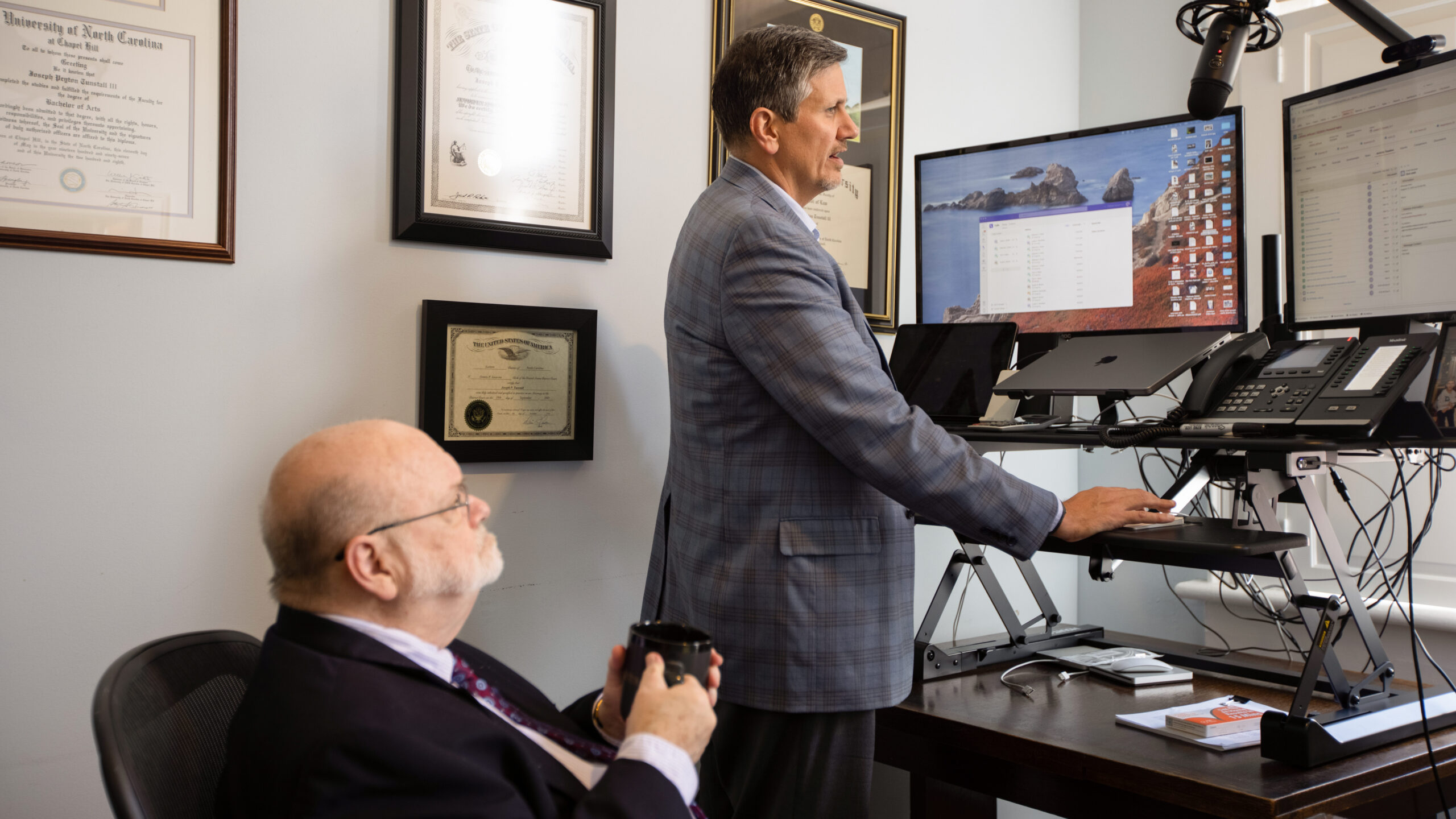Lawyers That Handle Out of State Cases

Lawyers that handle out of state cases are attorneys who specialize in representing clients from different states or countries. They have the knowledge and experience to represent their clients regardless of where they live. These lawyers must be licensed to practice law in both the state where the client lives, and in any other state where they need to appear for court proceedings.
Out of state lawyers will typically have expertise on laws specific to each individual jurisdiction, as well as being aware of any cultural differences between courts or regions. To ensure that your case is represented properly, it’s important to select a lawyer with experience handling out-of-state cases, whether it’s a criminal or civil matter.
Lawyers that handle out of state cases can provide a great service for those who need legal representation in a jurisdiction outside their own. These lawyers have the expertise and experience to navigate unfamiliar laws, regulations, and court systems; they also have the resources necessary to access witnesses and documents located in another state. With an attorney knowledgeable about handling out of state matters on their side, clients can rest assured that they’re receiving comprehensive counsel regardless of where their case takes them.
Can Out of State Lawyers Practice in Texas?
Yes, out of state lawyers can practice in Texas. It is possible for an attorney licensed to practice law in one US state or territory to gain admission and provide legal services in the State of Texas. Here are the requirements:
* Obtain a Certificate of Good Standing from the lawyer’s home jurisdiction * Pass a character and fitness review by the State Bar of Texas * Complete a brief application process with The Supreme Court of Texas
Once admitted, out-of-state attorneys may represent clients before any court, board or commission within Texas.
Who is the District Attorney of Texas?
The district attorney of Texas is currently Margaret Moore. She was appointed to the position in 2017 by Governor Greg Abbott and has since been responsible for overseeing the legal affairs of all state-level jurisdictions within Texas. Moore’s responsibilities include:
* Representing the government in criminal proceedings * Prosecute violations of state laws * Investigate misconduct among public officials and employees
* Enforce consumer protection laws Moore also works closely with local law enforcement agencies, partnering with them to ensure justice is served throughout the entire state.
What is Unauthorized Practice of Law in Texas?
Unauthorized practice of law (UPL) in Texas is the illegal activity committed by a non-lawyer or entity that engages in activities that constitute the practice of law without being licensed to do so. The unauthorized practice of law includes: * Giving legal advice
* Drafting legal documents * Representing another party before certain courts and tribunals It is important for the public to be aware of UPL as it can lead to serious consequences such as financial losses, misdirected litigation, and injustice.
Can an Llc Represent Itself in Court in Texas?
Yes, an LLC can represent itself in court in Texas. The process is relatively simple and follows the same guidelines as any other business entity. To represent yourself in court as an LLC:
– File a notice of appearance with the court clerk before or at your hearing date – Have all relevant documents prepared and ready to present to the judge – Appear on time for your hearing – failure to do so may result in dismissal of your case.
– Speak clearly and calmly throughout the proceedings, addressing all questions posed by both parties involved. By following these steps, you will be able to successfully represent yourself as an LLC in a Texas court of law.
Can Lawyers Practice Across State Lines
Yes, lawyers are allowed to practice across state lines. This is known as “admission pro hac vice” and it allows lawyers who are not licensed in a particular jurisdiction to appear in court or advise clients on specific matters within that jurisdiction. In order for the lawyer to be granted admission pro hac vice, they must provide evidence of their qualifications, such as their bar membership number and any other documentation required by the state’s rules of professional conduct.
Lawyer Representing Out-Of-State Client
A lawyer representing an out-of-state client must familiarize themselves with the laws and regulations of the state they are operating in. This can be a complex process, as there may be significant differences between the laws governing their home state and those governing where their client is located. Professional legal guidance will help ensure that all parties involved understand any potential risks or liabilities associated with conducting business across multiple jurisdictions.
Additionally, attorneys should consider whether they need to obtain licensure or special permits to practice law in the other state before entering into representation agreements with clients from out of state.
Texas Unauthorized Practice of Law Out Of-State Attorney
Texas law prohibits any non-licensed attorney from providing legal services to Texas residents, no matter where the attorney is located. While an out of state attorney may have all of the necessary qualifications and experience to provide legal counsel in their own jurisdiction, they are not licensed by a court or bar association in Texas and therefore cannot legally practice law within the state. It is important for individuals seeking legal advice or representation to work with an experienced lawyer who has been properly licensed to practice law in Texas.
How to Find a Good Attorney in Another State
Finding a good attorney in another state can be difficult, but there are steps you can take to ensure that you find the right legal representation. Start by doing research online; check out websites such as Avvo and Martindale-Hubbell for reviews from previous clients, and look up each potential attorney’s credentials. Additionally, contact your local bar association or state licensing board to inquire about any disciplinary actions taken against attorneys in the area.
Finally, make sure to schedule an initial consultation with any lawyer you’re considering hiring; this will give you the opportunity to ask questions and get a better sense of their competency level.
Conclusion
Overall, Lawyers That Handle Out of State Cases can be a valuable asset to anyone needing legal help outside of their home state. Their ability to navigate the complexities of multiple jurisdictions is invaluable when dealing with complex legal matters. They have the expertise and experience necessary to ensure that all parties involved in an out-of-state case are treated fairly and justly.
With their knowledge and resources at hand, clients can rest assured that their cases will be handled professionally and efficiently by lawyers who understand the intricacies of multiple states’ laws.




